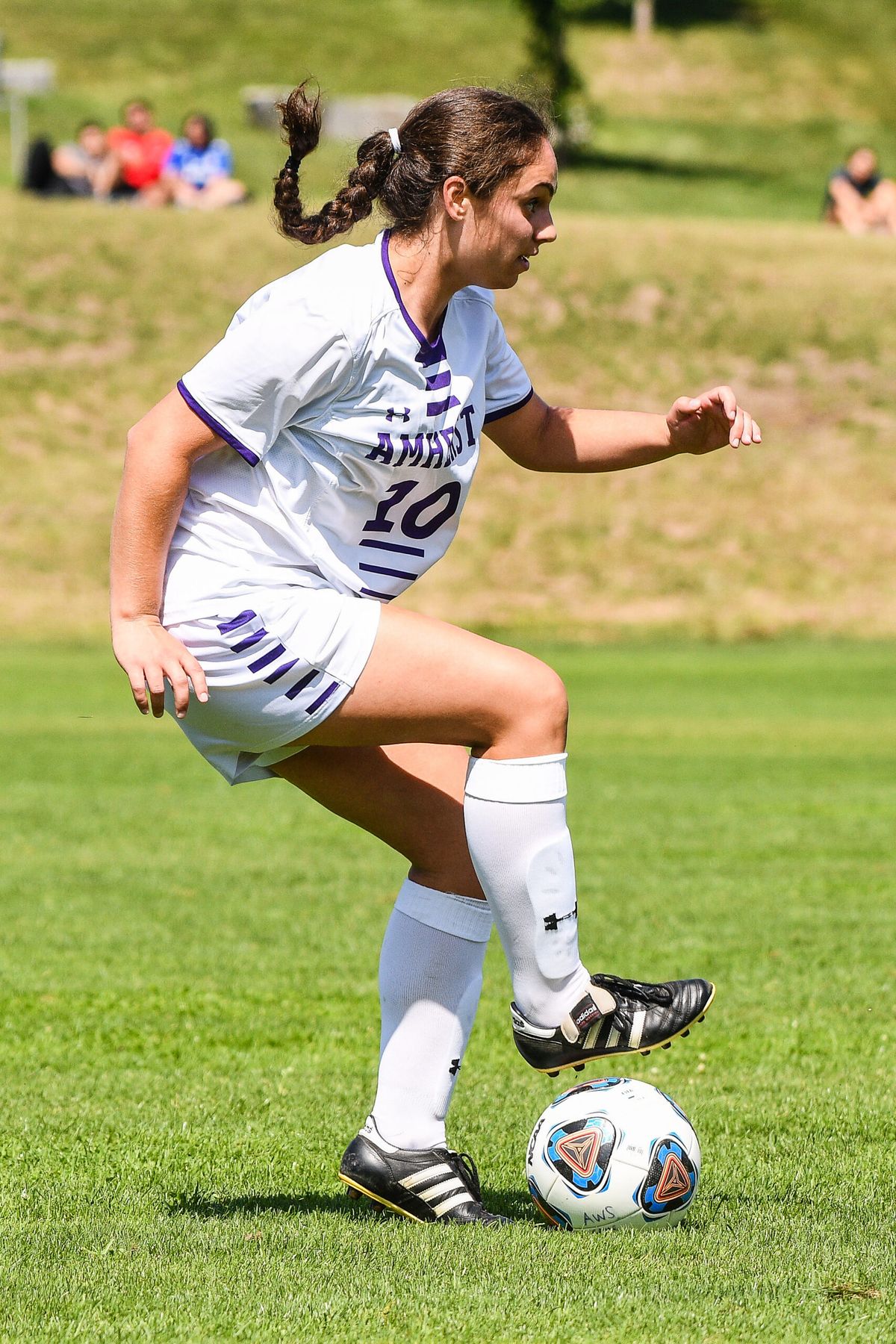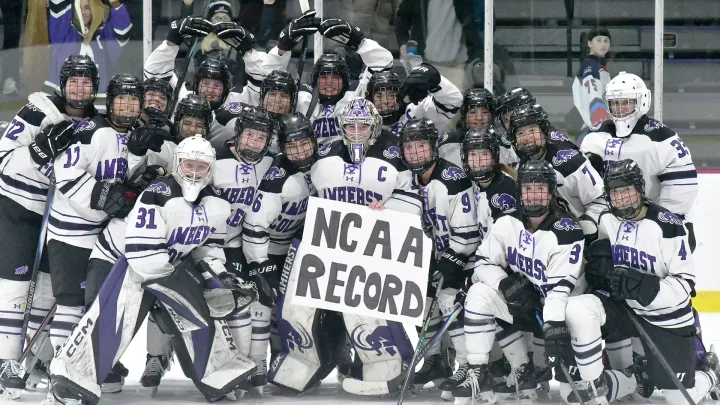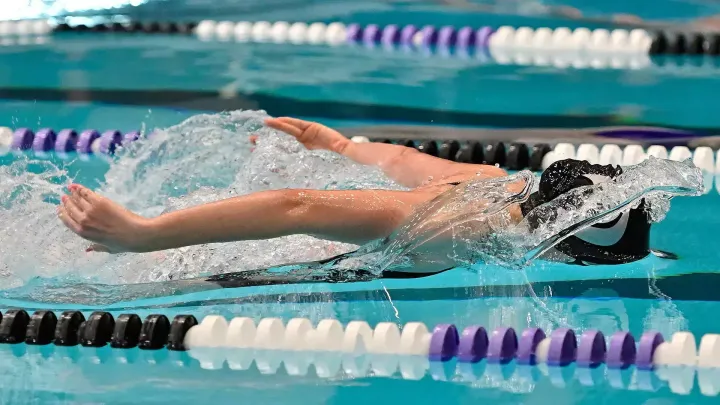New Bill Prompts Discussion of Athlete Payment

On Monday, California Gov. Gavin Newsom appeared on LeBron James’ HBO barbershop-talk show “The Shop.” Newsom, himself a former college baseball player and University of California Regent, went on James’ show to sign Senate Bill 206. The bill, which passed the California State Assembly 72-0, allows college athletes to profit off their name, image and likeness.
This is a dramatic step in the recent history of paying college athletes. This past May, the NCAA announced a working group to consider these changes, and plans to announce the results of the investigation in October.
The committee was convened partially in response to the California bill, but also to the anxiety circling NCAA circles since the National Labor Relations Board ruled that football players at 17 private universities, including Northwestern and Notre Dame, could unionize to fight for better conditions – and perhaps more importantly, that they can be considered “employees.”
The California law does not, in practice, give any real freedom to athletes, as colleges that wish to remain NCAA-compliant may still do so.
Since the important Pac-12 schools within the University of California system, like the University of California, Berkeley and UCLA will have to comply with state governments fully, however, the state of California might use their bill as leverage to challenge the whole system.
The NCAA is also challenging the law, which it feels is regulating interstate commerce and, therefore, unconstitutional.
At Amherst, very few athletes play professional sports after college. Alex Bernstein ’97 is the most successful recent example. The lineman played for the Ravens, Jets, Browns and Falcons in the late 90s.
Students, in theory, could profit off their likeness at the peak of their athletic careers here at Amherst if the NCAA rules change. One could imagine the possibilities of Amherst athletes creating YouTube content, social media influencing and providing coaching services to younger athletes.
The loosening of these restrictions could not only improve the lives of athletes, but also make college sports a more attractive option to those who perhaps may otherwise struggle to pay for an Amherst education. But Amherst, where the spirit of amateurism runs deep, may not be as open to these changes.
Navva Sedigh ’21, a member of the women’s soccer team, echoed this sentiment. “For Amherst athletes, [the pursuit of profit] might prevent academics from coming first, which is emphasized in DIII sports, especially in the NESCAC,” Sedigh said. For Sedigh, compensation based on naming rights might also affect team cohesion and performance, as teammates may be in competition with one another for monetary reasons. Sedigh feels that the academic opportunities they may not otherwise be afforded may be enough compensation on its own.
In an email to The Student, Director of Athletics Don Faulstick emphasized that he and the department were “in favor of giving student-athletes rights that other students have on their campuses, but there needs to be more discussion and legislation [on this issue].”
Faulstick noted that most importantly, in the words of late legendary Amherst professor and coach Jim Ostendarp, “Amherst is in the education business, not the entertainment business,” and consequently the department is focused on the success of student-athletes in the classroom first and foremost. Faulstick emphasizes that hopefully the ethos of ameteur athletics at Amherst will continue despite these changes.
Although this movement for compensating student-athletes certainly remains in its infancy, the recent changes will have broad implications for ametuer athletics at the college level.




Comments ()